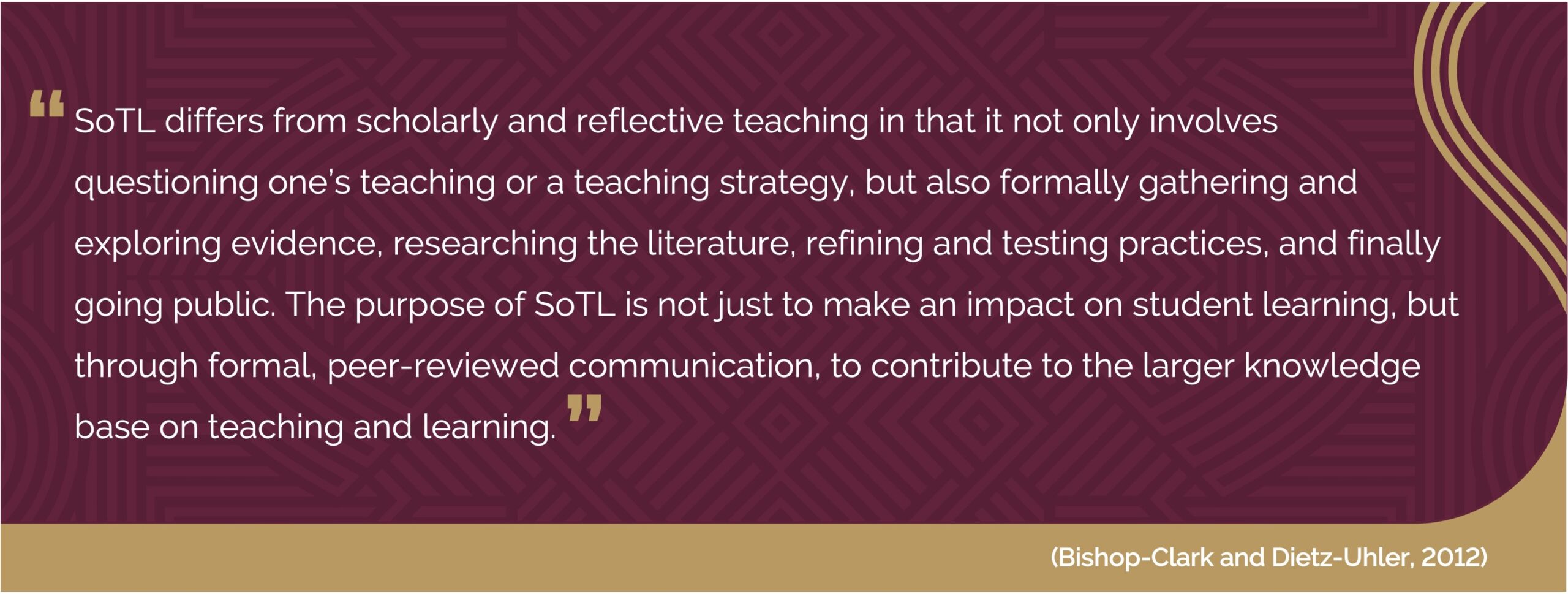
The conference consists of three days. Day one is focused on workshops, with the rest allocated to presentation. Select your attendance days on the registration form.
See below the pre-conference workshops that will take place on Monday 30 October 2023. You can indicate your attendance on the registration form.
Registration closes 17:00 on 17 October 2023. You can edit your registration form until then:
- To edit a completed response in Microsoft Forms, you can follow these steps:
- Click on the registration link and you will see a button labelled Save and edit later. Clicking this button will take you back to the Forms portal, and you will see the SoTL registration form indicated under Filled forms.
- Open the form you want to edit and click Edit responses at the top right.
- Modify the answers you’ve provided for any questions and resubmit the form. You can also indicate whether you would like to receive confirmation of your responses.
Full day
Workshop 1:
Cultivating academic integrity in TLA in the age of AI
Morning (9:00 – 12:30)
Workshop 2:
Developing a teaching portfolio
Afternoon (13:30 – 16:30)
Workshop 4:
Building communities through multilingualism: A look at academic spaces
The workshop will focus on (re)positioning teaching-learning-assessment (TLA) in the age of artificial intelligence (AI) through the concept of AI literacies. It starts from a simple premise: As the digital world continues to change rapidly, affecting higher education, we might need to reconsider our responsibility towards our students and society at large, and how we could adapt our TLA approach accordingly. To this end, the workshop explores the concept of AI literacies in the context of TLA. We also discuss academic integrity and the values to consider when incorporating AI tools into our TLA.
Who is the target audience?
SU staff members involved in TLA, i.e. academics, blended learning coordinators, etc., interested in discussing AI literacies, the responsible use of generative AI, and preparing our students for an AI-enabled world.
The workshop will equip academics to a) reflect critically on their teaching-learning-assessment (TLA), and b) use reflective and reflexive thinking and writing to compile a teaching portfolio. While it can also be used for promotion or award purposes, a teaching portfolio is primarily a reflective tool that allows academics to document their TLA and track their growth as a professional educator. It enables academics to identify areas for TLA renewal and for further growth in their professional learning. Teaching portfolios, therefore, have a transformative function. Key elements to be reflected in a teaching portfolio are reflection on the academic’s engagement with the community in which the university is situated, an awareness of the academic’s and students’ TLA context and its impact, and an understanding of students’ needs and how these are met. Academics should illustrate how their TLA practices extend beyond the classroom as well and prepare their students for both the workplace and their future roles as responsible citizens.
Who is the target audience?
Teaching academics
The aim of the workshop is to find ways together to manage language-related classroom-based scenarios holistically, with a focus on values, guided by a multilingual mindset. This afternoon workshop will be very similar to the 2023 Language Day workshop. We follow a collaborative, non-prescriptive approach, thereby creating a space for you to share what you are already doing in the classroom in terms of multilingualism and get new ideas from colleagues in similar contexts. At the workshop, you will have an opportunity to –
- consider your personal language identity, and how your own and your students’ identity fit into the classroom community;
- reflect on the values that drive your teaching-learning-assessment practices and how multilingualism aligns with these values;
- learn more about how SU defines multilingualism and a multilingual mindset;
- work through classroom-based language scenarios with peers; and
- contribute to a working best-practices plan for academics on how to navigate multilingualism in the classroom.
Who is the target audience?
All teaching staff

